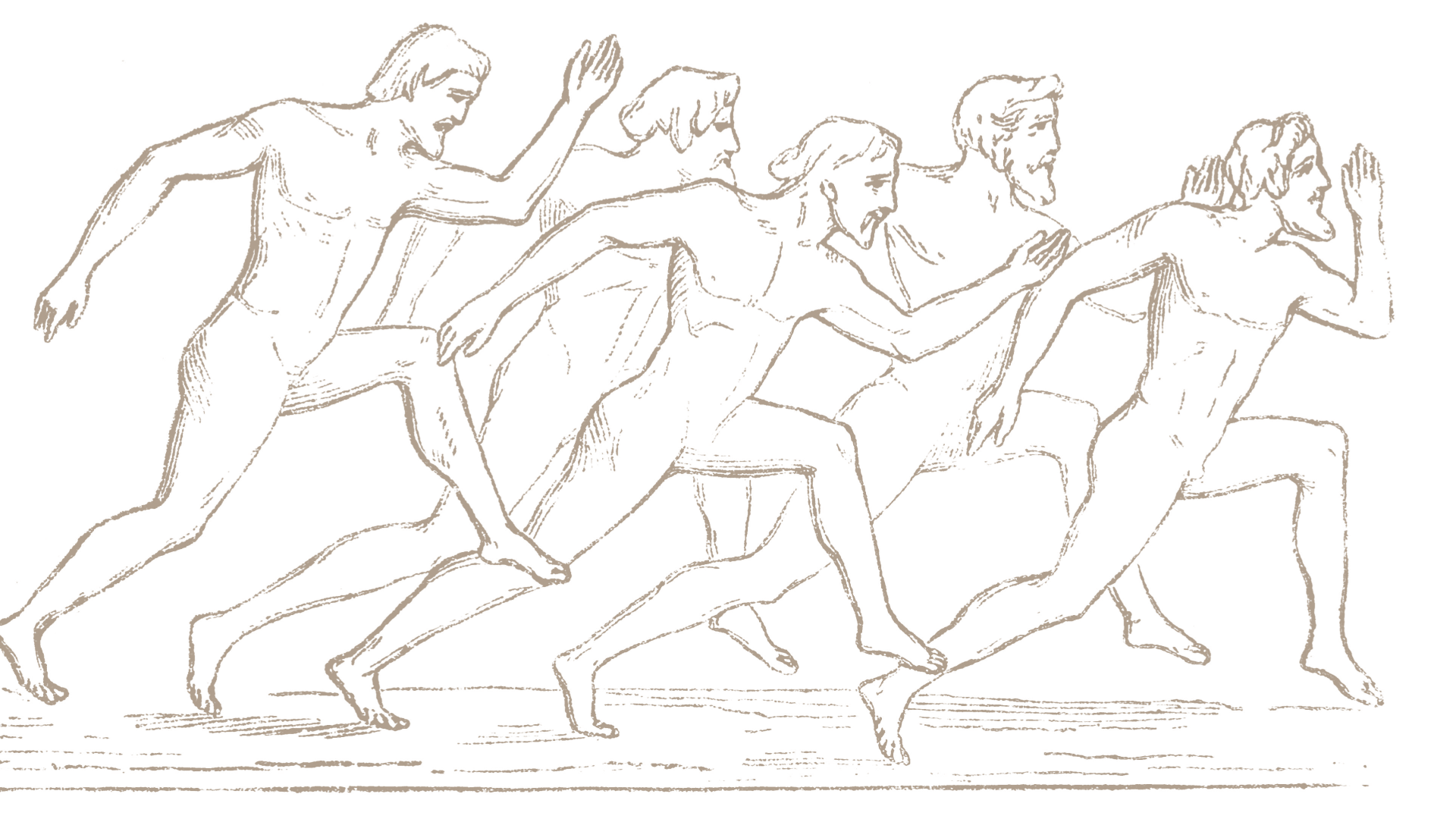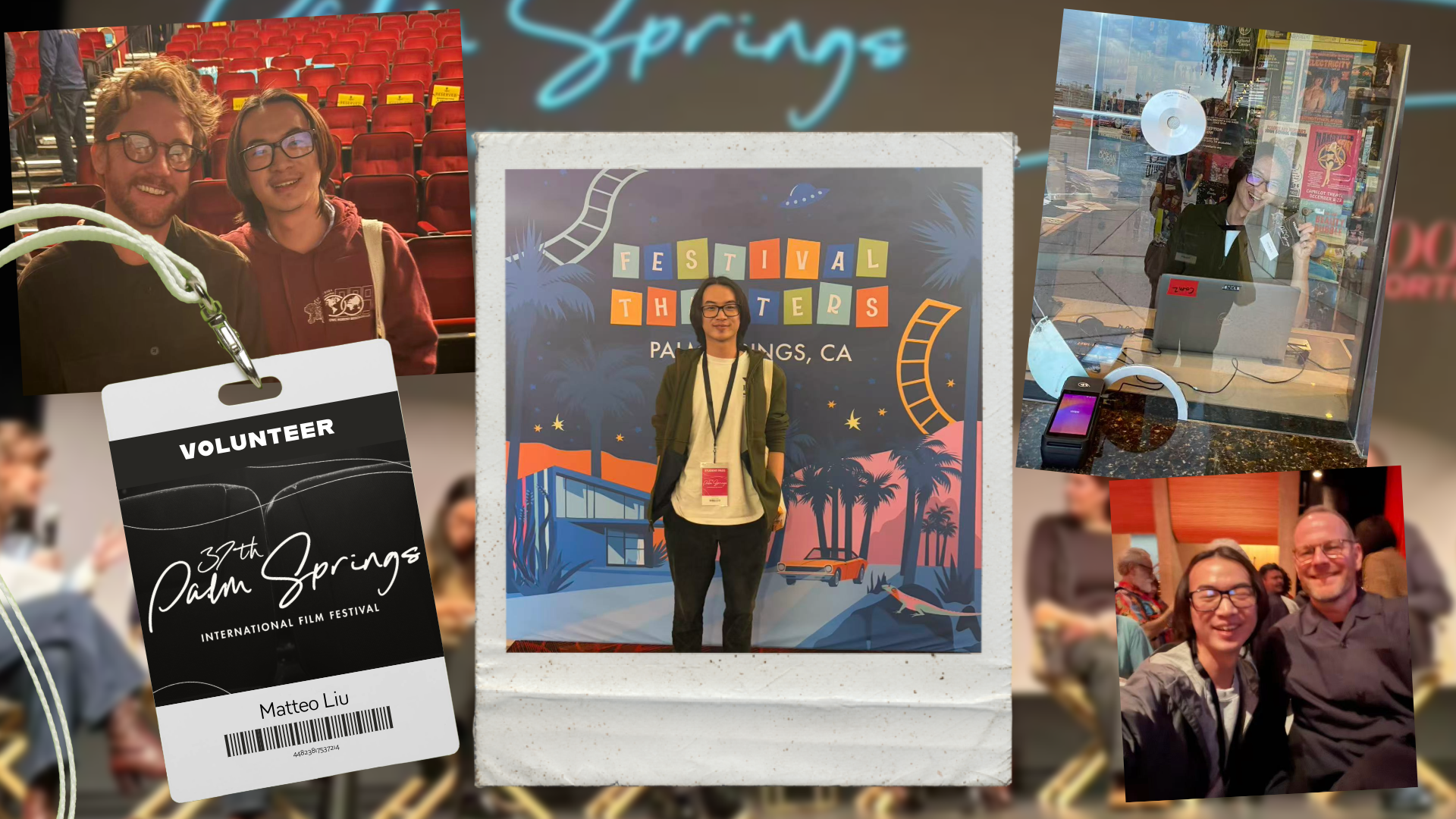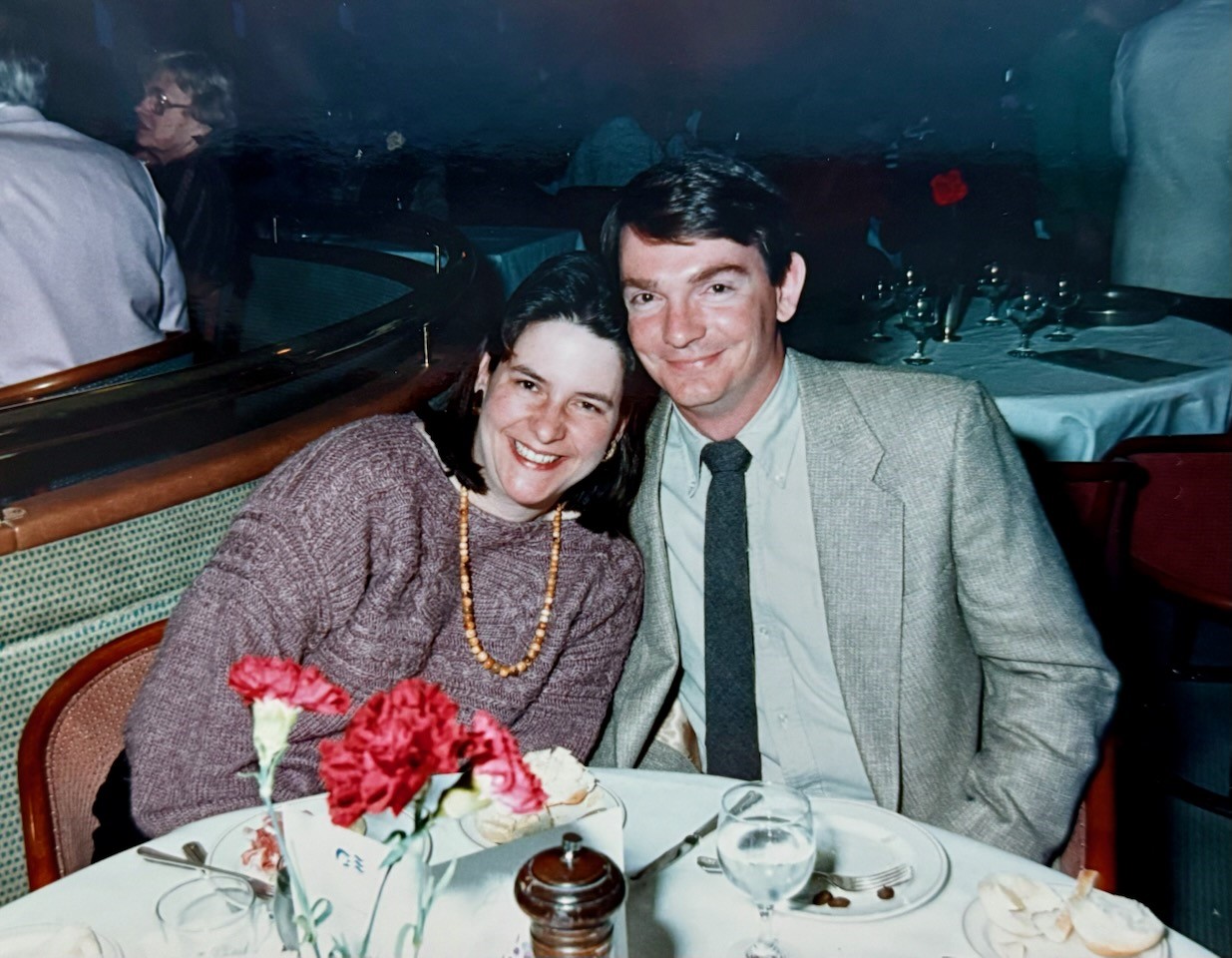Documentary Offers New Look at Couple Who Shaped American Religion
May 17, 2021
- Author
- Jay Pfeifer
A PBS camera crew visited campus last summer to film an interview with Anne Wills, Chair and Professor of Religious Studies.
A new documentary will examine the life and legacy of Billy Graham, arguably the most influential evangelical leader in history.
Graham expert and Chair and Professor of Religious Studies Anne Wills contributed to the film. She recently completed a biography of Ruth Bell Graham, Billy’s wife, that will hit bookshelves later this year.
The book tells Ruth Bell’s story from her birth to medical missionaries in China, to her education in Korea then at Wheaton College, where she prepared for mission work herself. When she met “Billy Frank” Graham there and they fell in love, she had to decide between her vocation as a missionary and her love for him. The rest of the book traces her working-out of that choice— how Ruth Graham committed to her husband’s work, her five children’s upbringing in his frequent absence, and her own work as a writer and support to needful neighbors in the North Carolina mountains.
Wills recorded her on-camera segment last summer, during the height of the pandemic. Working with a very small crew, Wills shot the interview with producer Sarah Colt via Zoom from the Baxter-Davidson Room in Chambers Building.
On the eve of the premiere of the documentary, Wills sets the stage by putting Billy and Ruth Graham’s work and legacy in context.
For those who missed Graham at the peak of his powers, can you provide a little background? Why is Billy Graham worthy of a two-hour PBS documentary?
Regardless of how one feels about his evangelical Christian message, Billy was a 20th century cultural phenomenon, the product of certain American impulses—e.g., postwar anomie, masculine ideals, media technologies like radio, television, color motion pictures, methods of business organization. He also read and used those impulses to expand his reach and influence. One could tell a story of 20th century American culture and politics without mentioning him, but that story would be incomplete. It would be missing the popular religious dimension that was so important to “norms” in the 1950s, rebellion against those norms in the 1960s and 1970s, the coalescence of a new Christian right in the 1980s and 1990s.
How do you see his influence in today’s world?
Our current religious and political landscape owes a lot to the way Billy Graham’s presence injected (white male) Christianity as a legitimator of power into the public consciousness. Billy didn’t invent that Americans tend to see a connection between political authority and godly favor, but because he cultivated the media and they covered him relentlessly, his appearance with presidents (after Truman) and at inaugurations and other state ceremonies cemented a certain assumption among Americans that political power needs religious sanction and should seek it out or at least claim it.
That Billy was a white male also set a certain pattern for what that religious sanction should look like. It’s important to note, however, that Billy’s evangelical Christianity distinguished itself by being ecumenical and moderate relative to the militantly conservative, conspiracy-laced Christian influence in our current politics. But Graham, “America’s Preacher” and spiritual counselor to presidents, powerfully reinforced American expectations that religious leadership and political leadership should reinforce each other.
How would you describe Billy and Ruth’s relationship? What role did she play in his ascent?
Ruth liked to give this piece of advice (borrowed from something she once read): “Marriage is the union of two good forgivers.” They deeply loved one another—they met each other in college, and their youthful pictures are stunning. Why wouldn’t these two beautiful young people fall in love with each other? She was at Wheaton College (Illinois) to prepare for missionary work. After meeting and falling in love with Billy, she struggled to reconcile that life-long intention with her desire to marry him and become his wifely support in evangelistic work. He was a “catch,” for sure, already winning attention for his preaching skills and charisma. But so was she—smart, funny, beautiful, strong in her faith. When she opted to marry him instead of becoming a missionary, she embraced his calling to evangelism as hers to promote (and not, as some other famous evangelists’ wives, to participate in publicly). And she spent the rest of her active life making sure he stuck to that work, waving him off of accepting offers to enter politics or secular broadcasting. She had given up her missionary dream for him to become an evangelist, and that was that.
Over the years, Ruth supplied Billy with countless illustrations for his sermons from her voluminous reading. She read popular magazines and daily newspapers, as he did, but she also kept up with whatever was popular in bookstores, as well as reading shelves of 17th- and 19th century Protestant theology and poetry. She grounded his evangelistic claims in a web of intellectual history that he didn’t have the patience or curiosity for.
Another way that Ruth contributed to Billy’s career was to connect him with her father-in-law, Nelson Bell, a surgeon and former missionary. Billy credited Dr. Bell frequently as his most important adviser. One interesting aspect of their relationship, however, is that Dr. Bell was considerably more conservative, politically, socially, and theologically, than Billy was. There’s more study to be done on that relationship, but I think it was really important for Billy to have this influence—even as a counterweight—in his career.
What can we learn from Billy and/or this documentary?
In the most general terms, Americans should better understand that our current religious and political landscape has a history—it hasn’t always been this way—and that Billy Graham played a critical role in shaping that landscape. Religion usually does get left out of historical and policy accounts of the United States past. It pops up in accounts of the founding, or in accounts of the Civil War or the civil rights movement, but we should pay more consistent attention to the ways that people make deep meaning if we want to understand how they make daily choices and commitments.
I’m so glad that Sarah Colt has made this film. It will give people who lived through the Billy Graham phenomenon a new look at someone they thought they knew, and it will introduce new generations to someone who was critically important to 20th century life in the United States, and whose influence endures.
On Monday, May 17, Davidson College Professor Anne Wills will be featured in the two-hour “American Experience” documentary focused on Billy Graham. Wills is an expert on Graham, the evangelical Christian preacher who changed the face of American religion in the 20th century.



